Bypassing these habits could be the worst health mistake you’ll ever make.
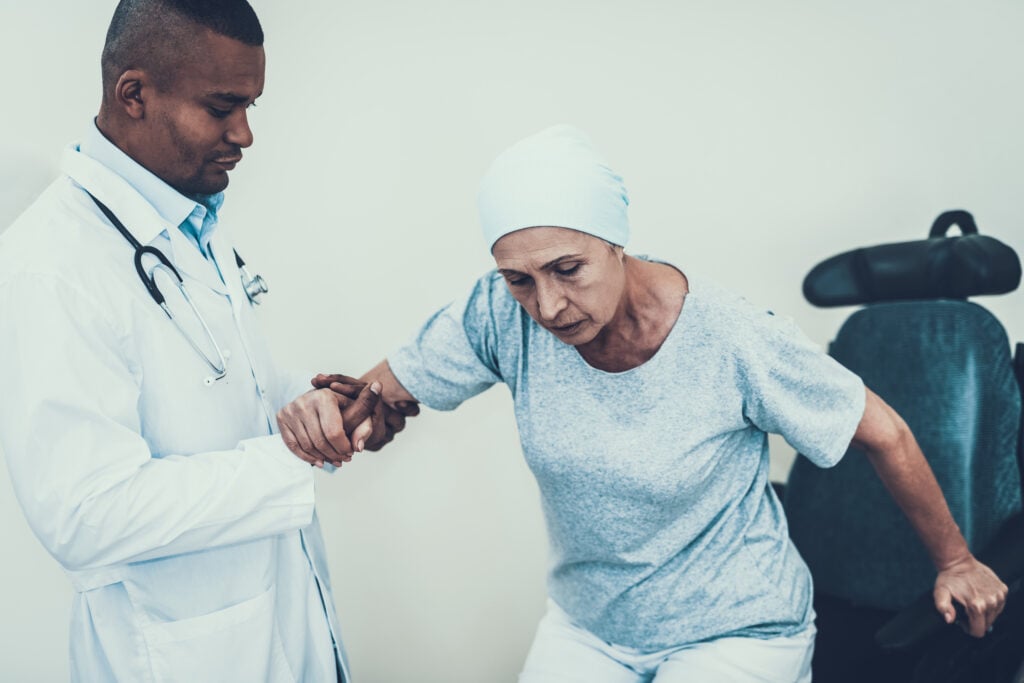
Are you unconsciously walking straight into danger without realizing it? The idea that cancer could silently be taking root while you overlook key lifestyle habits is deeply unsettling—but it’s also surprisingly common. Many of us focus on quick fixes or chase the latest wellness trends while ignoring tried-and-true routines that could genuinely safeguard our health. The overlooked habits aren’t complicated or expensive. They’re simple, consistent practices that can significantly reduce your cancer risk.
Fortunately, there’s good news. You don’t need to overhaul your entire life to start protecting yourself. By tuning into your body, committing to a few foundational changes, and being honest about your daily routines, you can begin to shift your health trajectory. Prevention isn’t about fear—it’s about empowerment. Here are 13 powerful yet often bypassed habits that could dramatically change your future. Skip them at your own risk.
1. Stop Skipping Your Cancer Screenings—They Could Save Your Life
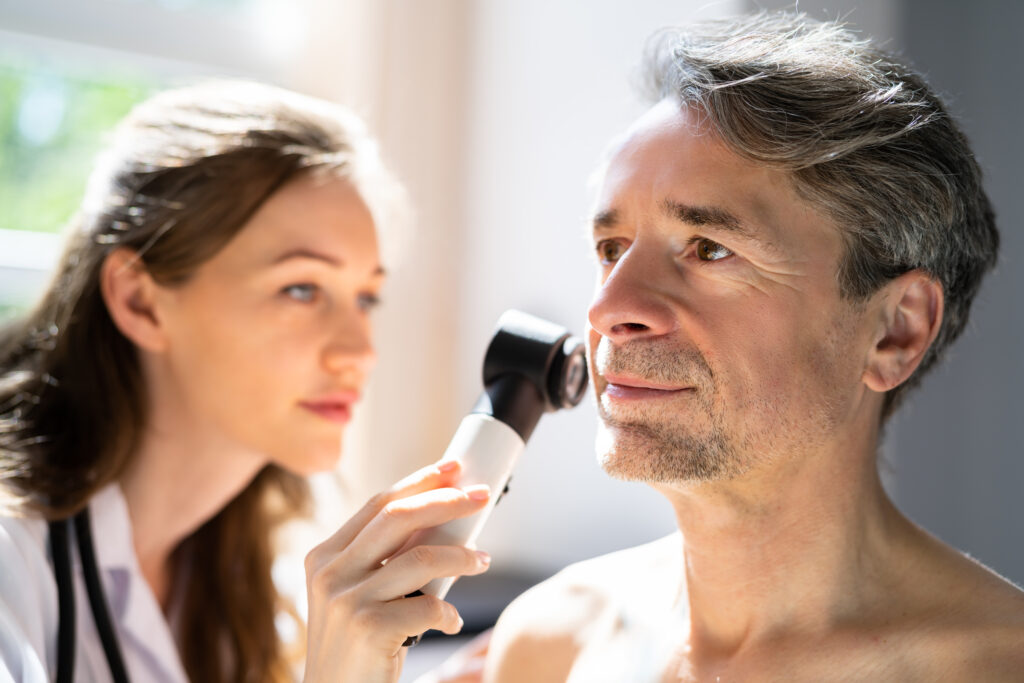
Too many people delay or outright avoid routine cancer screenings, either out of fear, inconvenience, or the assumption that they’re not necessary yet. But early detection is everything. Screenings like colonoscopies, mammograms, Pap smears, and full-body skin checks can catch cancers before symptoms appear—when they’re most treatable and potentially curable. Think of them as guardrails keeping your long-term health on track, say experts at the Mayo Clinic.
Yes, the appointments can be uncomfortable or time-consuming, but they’re far less disruptive than a late-stage diagnosis. Taking the time to put these appointments on your calendar—and showing up—might be one of the most powerful decisions you ever make for yourself. Your future well-being may depend on whether you take this step seriously now.
2. Quit Smoking Today—Even One More Cigarette Is Too Many
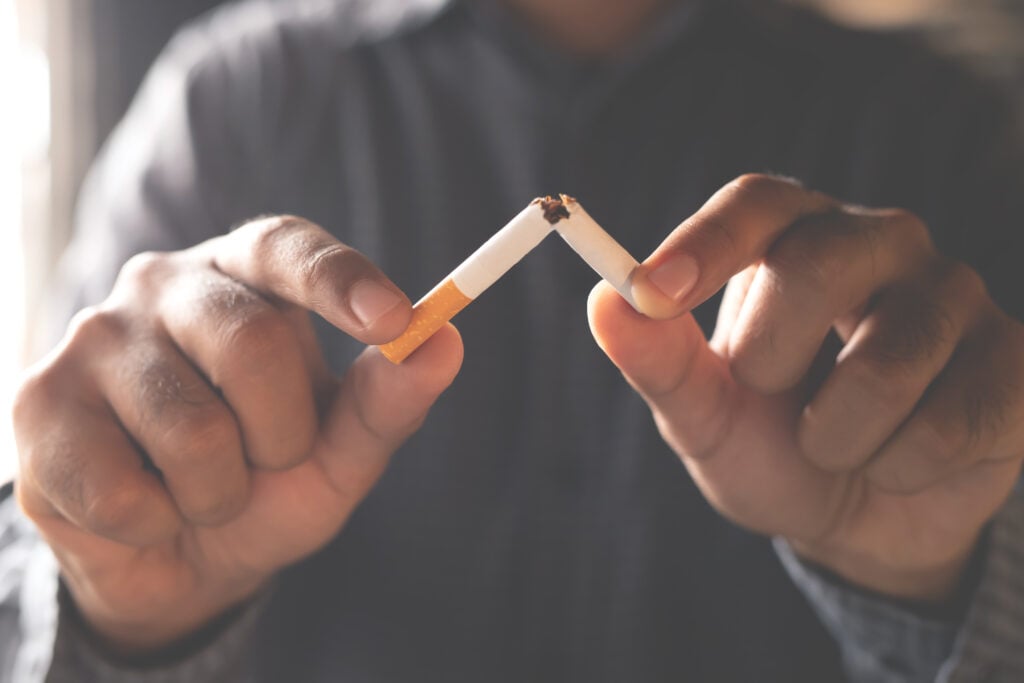
If you’re still smoking, know this: every single cigarette counts against you. Smoking is directly linked to cancers of the lung, throat, bladder, pancreas, and more. But what’s encouraging is how quickly your body starts to heal the moment you quit, according to researchers at the Harvard Health Publishing. Within weeks, your risk starts to decline. Within months and years, you can reverse much of the damage and significantly lower your cancer risk.
Quitting isn’t easy—no one pretends it is—but there are countless tools to help you succeed. Nicotine replacement therapy, behavioral counseling, support groups, and medication can all increase your chances of quitting for good. Your lungs, heart, and entire body will thank you—and so will the people who love you.
3. Don’t Let Excess Weight Become Your Silent Risk Factor
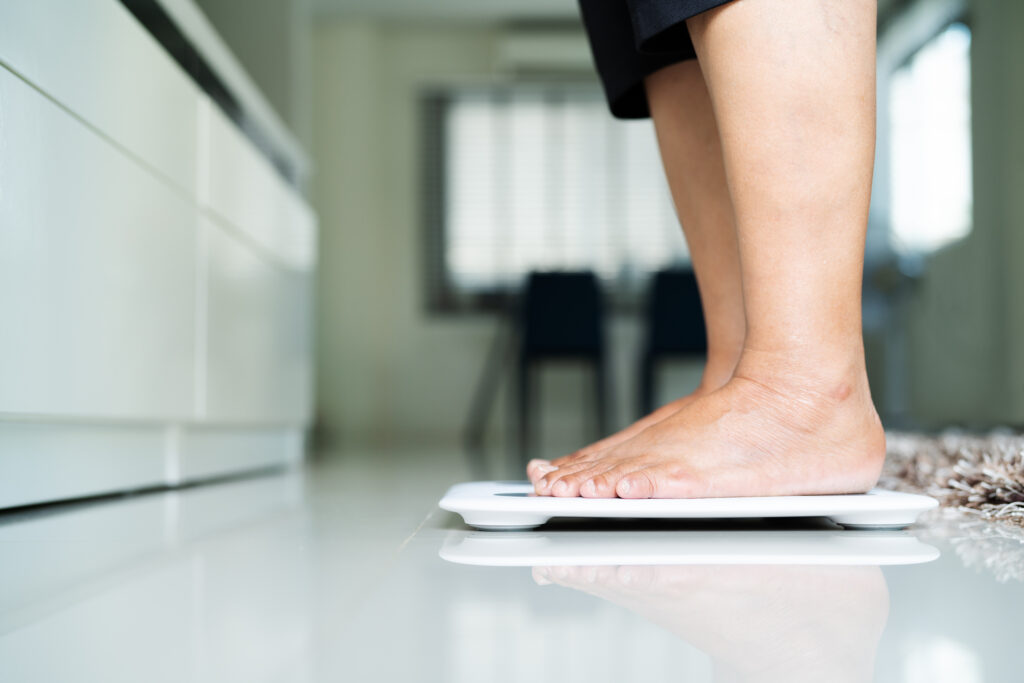
Weight gain can sneak up over the years, especially with a busy schedule or sedentary job. But the excess weight you carry isn’t just about appearance—it’s a serious health issue. Research shows a strong link between obesity and cancers like colon, breast (especially after menopause), and endometrial cancer, as mentioned by experts at Healthway Medical Network. Your body’s hormones and inflammatory markers shift in ways that can fuel cancer growth.
Fortunately, you don’t need to chase extreme diets or lose dozens of pounds overnight. Small changes—like swapping soda for water, adding more fiber, or taking a 20-minute walk each day—add up. When you treat your body with more respect and consistency, it pays you back in better health, lower risk, and greater self-confidence.
4. Watch Your Alcohol Intake Before It Wrecks Your Health

It’s easy to underestimate how much you’re drinking—especially when social events and stress make alcohol feel like a release valve. But alcohol is classified as a Group 1 carcinogen, meaning there’s strong evidence it causes cancer. Cancers of the breast, liver, throat, and esophagus are particularly linked to long-term alcohol use.
Reducing or eliminating alcohol can dramatically shift your health outlook. Even cutting back to just a few drinks a week can reduce your risk and improve sleep, mood, digestion, and clarity. The next time you reach for a glass, pause and ask yourself what you’re truly needing. There might be a better, safer way to find it.
5. Start Moving—Your Couch Is More Dangerous Than You Think

The average adult spends over 10 hours a day sitting. Whether it’s at a desk, in the car, or on the couch, this prolonged inactivity is far more dangerous than most realize. Physical inactivity is associated with a higher risk of several cancers, particularly colon, breast, and endometrial cancer. Your body wasn’t designed for stillness.
Movement doesn’t have to mean intense workouts or expensive gym memberships. A brisk walk, gardening, dancing to your favorite music, or gentle yoga can all activate your system. The key is consistency—getting up regularly and making motion a habit. Your energy, digestion, and immune system will all benefit in ways you can feel.
6. Protect Your Skin Like Your Life Depends on It—Because It Does
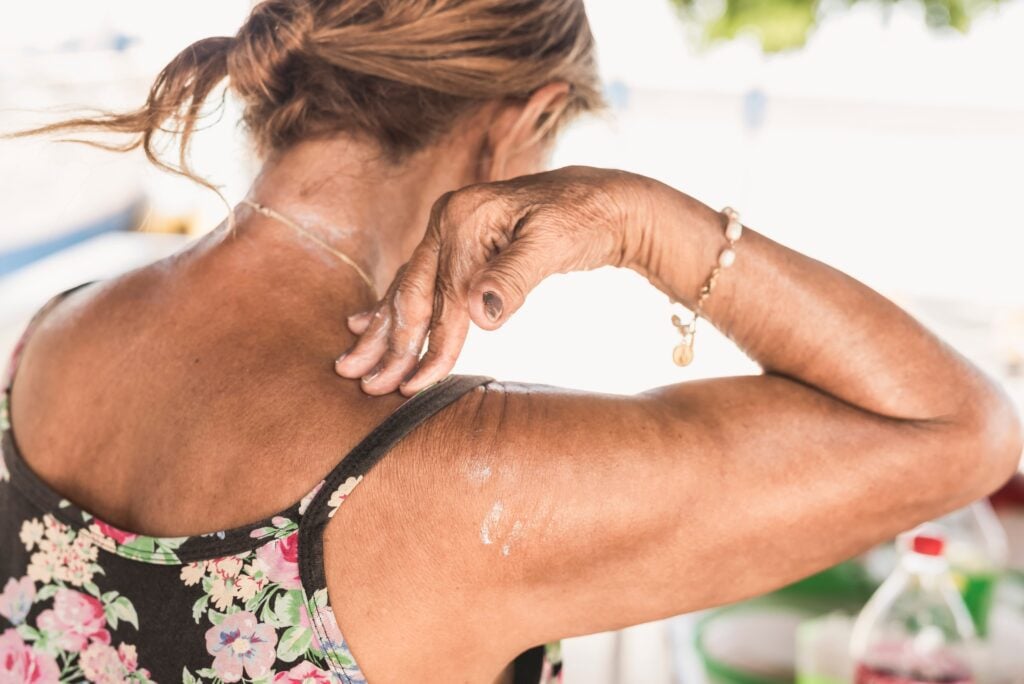
We often think of skin cancer as less serious because it’s visible and treatable—until it’s not. Melanoma, in particular, can spread quickly and become deadly. And yet, many still skip sunscreen, use tanning beds, or dismiss the sun’s risks on cloudy days. But your skin remembers every sunburn and overexposure.
Protecting yourself is simple: wear SPF 30 or higher daily, reapply regularly, cover up with hats and clothing, and avoid midday sun. Check your skin monthly for new or changing moles. These small habits are your armor against a disease that doesn’t have to happen. Your skin is worth protecting every single day.
7. Cut Back on Processed Foods Before They Do Real Damage
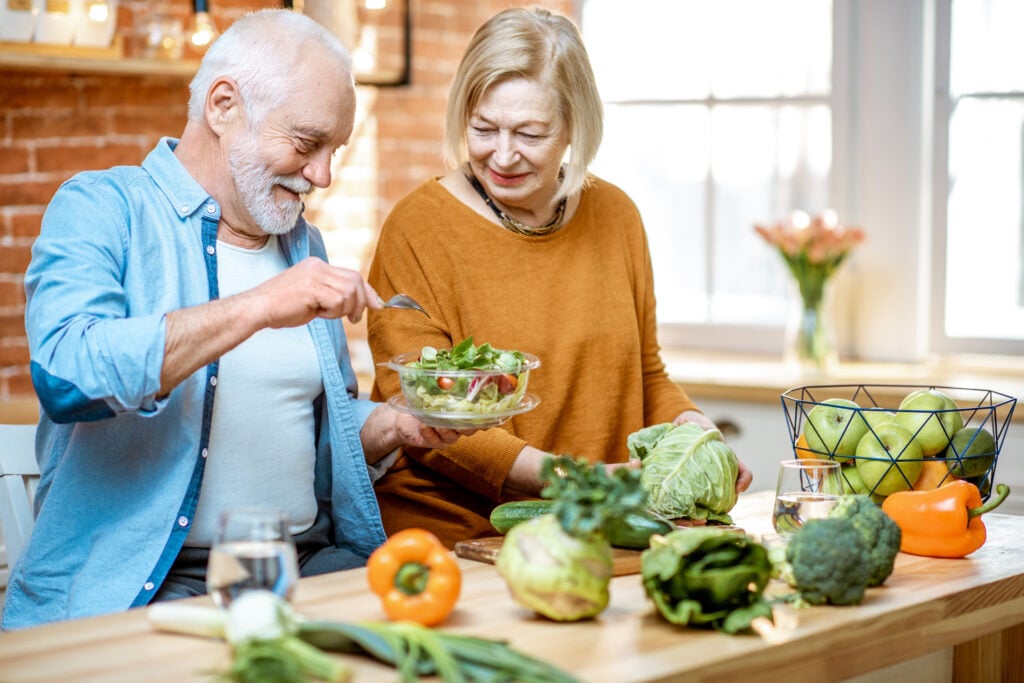
The modern diet is filled with convenience, but at a cost. Processed meats like bacon, sausage, and hot dogs have been labeled carcinogenic by the World Health Organization, particularly linked to colorectal cancer. And ultra-processed snacks are packed with inflammatory oils, preservatives, and chemical additives that stress your system.
You don’t have to be perfect—but awareness matters. Focus on whole, unprocessed foods like fruits, vegetables, legumes, and clean proteins. Cook more at home, read ingredient labels, and learn to recognize food marketing hype. Your cells thrive on real nourishment, and the right choices today lay a powerful foundation for tomorrow.
8. Eat More Fiber—It’s a Secret Weapon Against Cancer
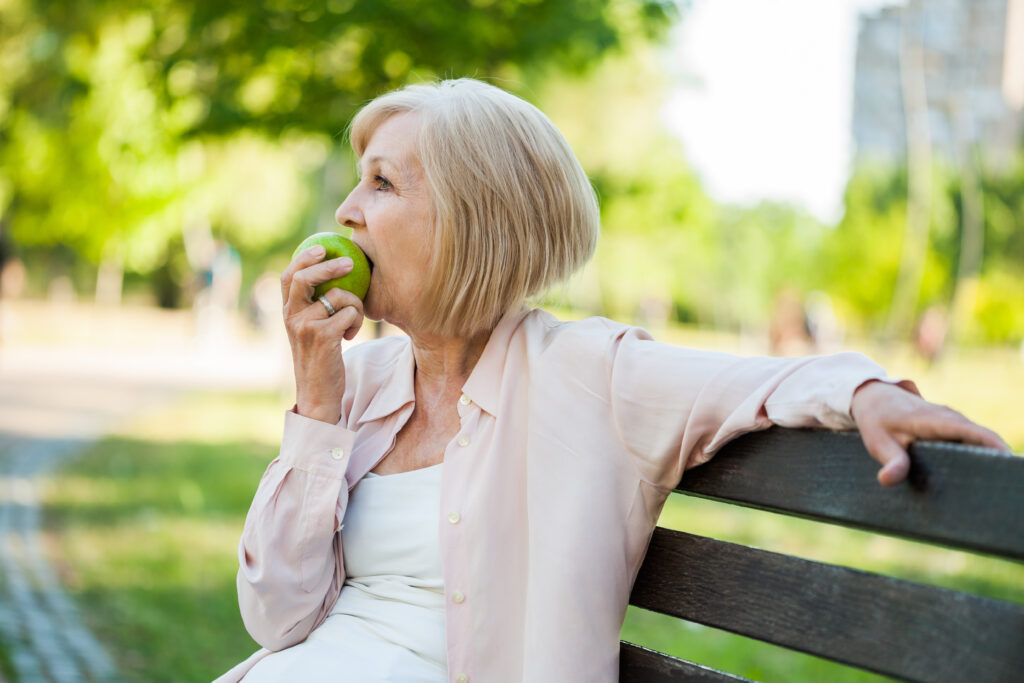
Fiber does more than keep your digestion moving. It plays a crucial role in protecting your colon, regulating estrogen levels, and supporting a healthy microbiome—all of which help lower your cancer risk. Yet most people don’t get anywhere near the recommended daily intake.
Try adding a serving of beans to your lunch, a handful of berries to your breakfast, or swapping white bread for whole grain. These tweaks don’t require a complete overhaul—they just need a little intention. Over time, they build up to a gut that’s healthier, a metabolism that works efficiently, and a body that’s better protected from disease.
9. Learn to Manage Stress Before It Wrecks Your Body

Stress isn’t just mental—it’s profoundly physical. Chronic stress floods your body with cortisol and other hormones that suppress immune function, promote inflammation, and alter cell growth. Over time, this internal pressure can contribute to cancer and other chronic diseases.
Managing stress doesn’t mean eliminating all tension from your life. It means finding daily rituals that help your body reset—breathing exercises, journaling, walking in nature, or talking with someone you trust. When you honor your nervous system and build emotional resilience, you do more than feel better. You help your body become a safer, healthier place to live.
10. Sleep Better or Risk More Than Just Fatigue
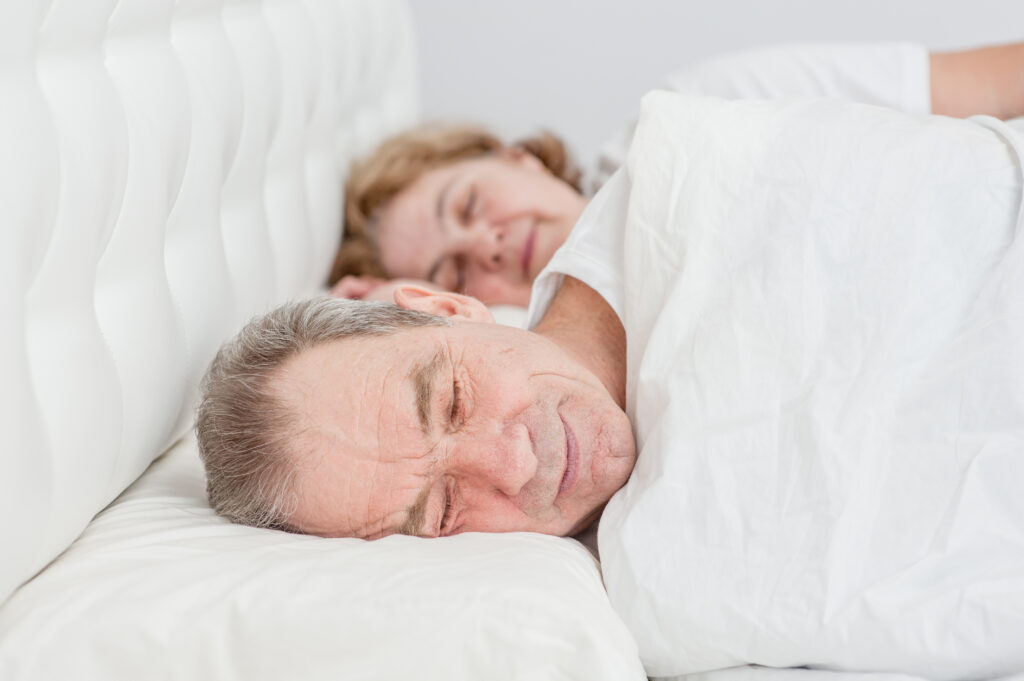
Sleep is when your body repairs, balances hormones, and regulates key systems. If you’re consistently missing out on quality rest, your body can’t perform these essential tasks. Research shows that poor sleep is associated with increased cancer risk, particularly breast and prostate cancer.
Create a sleep sanctuary—cool, dark, quiet—and power down screens an hour before bed. Stick to a regular schedule, even on weekends. Good sleep isn’t a luxury or indulgence; it’s your body’s built-in reset button. Prioritize it the same way you do food or exercise, because its benefits are just as life-changing.
11. Ditch Toxic Products That Could Be Putting You in Danger
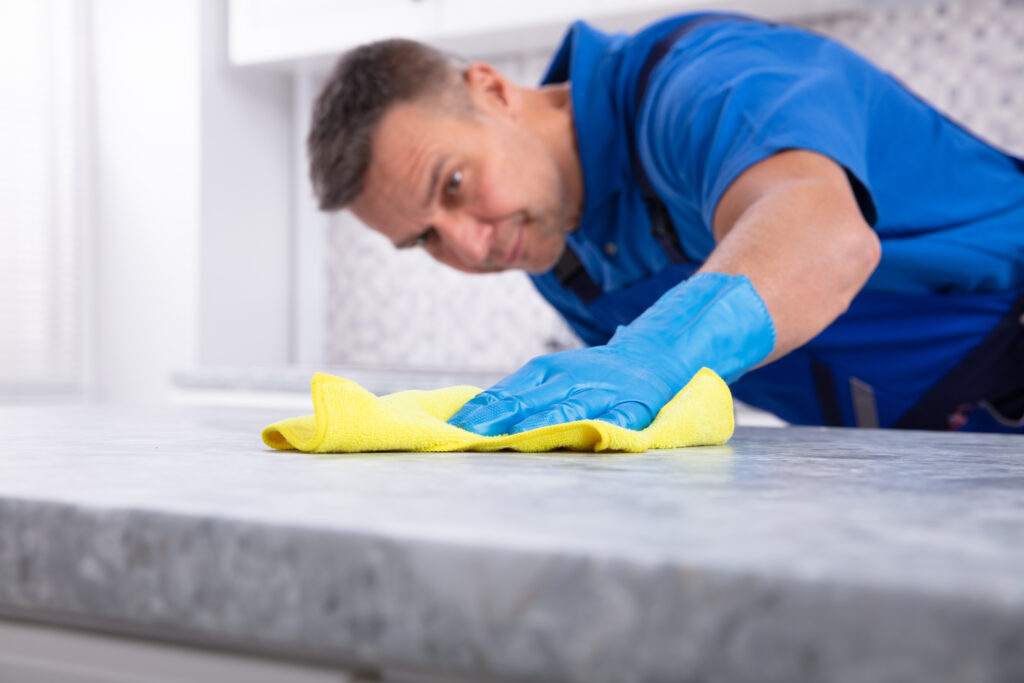
Your home might feel safe, but many everyday products—like plastics, makeup, and cleaning supplies—contain carcinogenic substances. Chemicals like BPA, phthalates, parabens, and formaldehyde can disrupt your hormones and elevate cancer risk over time.
Start small. Swap out plastic containers for glass, choose fragrance-free personal care items, and look for green cleaning alternatives. Apps like EWG’s Healthy Living can help you vet products easily. These tiny upgrades don’t require drastic changes, but they dramatically reduce your exposure to hidden toxins and create a safer environment for your entire household.
12. Get Serious About Your Vitamin D Levels Before It’s Too Late
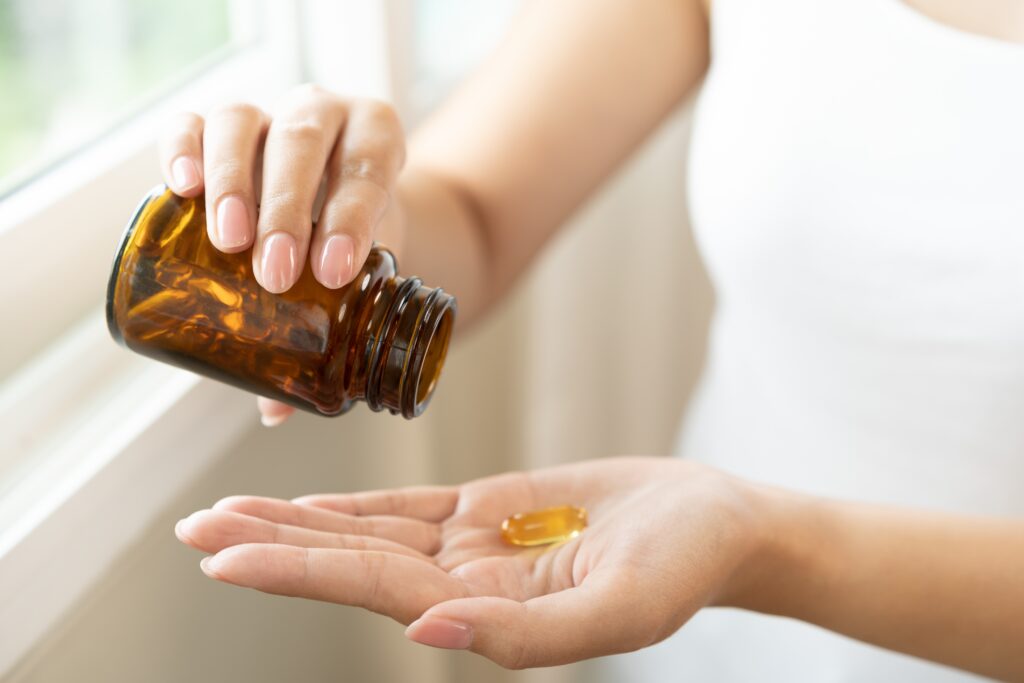
Vitamin D is vital for more than bone health—it plays a protective role in your immune system and may help reduce cancer risk, especially for breast, prostate, and colorectal cancers. But many people, especially those in cloudy climates or with darker skin, are deficient.
Ask your doctor for a blood test and explore safe sun exposure, dietary sources like salmon or fortified foods, and supplements if necessary. Optimizing your vitamin D level is a low-effort, high-reward move. It supports your body’s ability to fight abnormal cell growth and helps keep your energy, mood, and metabolism on track.
13. Know Your Family History or Risk Missing Vital Clues

Cancer can feel random, but your genetics may hold key information. If certain types of cancer—especially breast, ovarian, colon, or prostate—run in your family, your risk may be significantly higher. But without asking questions or sharing this information, you may miss warning signs that could prompt earlier testing.
Start the conversation with your relatives. Document who had what type of cancer and at what age. Share that with your doctor, and ask if genetic counseling or specialized screenings make sense for you. This knowledge isn’t meant to scare—it’s meant to empower you with clarity and control over your health decisions.
